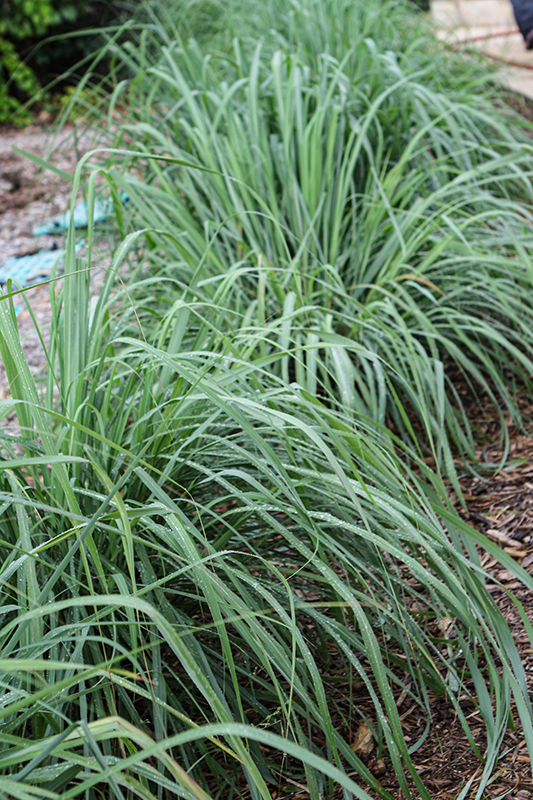Height: 4 feet
Spread: 30 inches
Sunlight:
![]()
Hardiness Zone: (annual)
Description:
A frost-tender clumping perennial grass that is widely used in Southeast Asian cuisine for its lemony flavoring; it is also an impressive ornamental grass with gracefully arching, strap-like leaves that are light green; will grow near black walnuts
Edible Qualities
Lemon Grass is an annual herb that is typically grown for its edible qualities, although it does have ornamental merits as well. The fragrant grassy light green leaves with hints of gray can be harvested at any time in the season. The leaves have a zesty taste.
The leaves are most often used in the following ways:
- Cooking
- Seasoning
- Freezing
- Tea
Planting & Growing
Lemon Grass will grow to be about 4 feet tall at maturity, with a spread of 30 inches. Although it's not a true annual, this fast-growing plant can be expected to behave as an annual in our climate if left outdoors over the winter, usually needing replacement the following year. As such, gardeners should take into consideration that it will perform differently than it would in its native habitat.
This plant is quite ornamental as well as edible, and is as much at home in a landscape or flower garden as it is in a designated herb garden. It should only be grown in full sunlight. It does best in average to evenly moist conditions, but will not tolerate standing water. It is not particular as to soil pH, but grows best in rich soils. It is highly tolerant of urban pollution and will even thrive in inner city environments. Consider applying a thick mulch around the root zone in winter to protect it in exposed locations or colder microclimates. This species is not originally from North America. It can be propagated by division.
Lemon Grass is a good choice for the edible garden, but it is also well-suited for use in outdoor pots and containers. Because of its height, it is often used as a 'thriller' in the 'spiller-thriller-filler' container combination; plant it near the center of the pot, surrounded by smaller plants and those that spill over the edges. It is even sizeable enough that it can be grown alone in a suitable container. Note that when growing plants in outdoor containers and baskets, they may require more frequent waterings than they would in the yard or garden.
A NetPS Plant Finder tool


